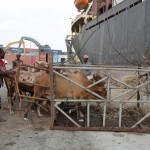
The livestock export industry is an essential component of the Somali agricultural sector, accounting for 80 percent of Somalia’s exports. In 2015 alone, traders earned $384 million in livestock exports, and the industry witnessed an annual growth of 6 percent.
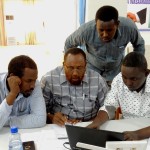
Following decades of conflict and insecurity, Somalia knows too well the costs of corruption on economic, political and social development. From 2010 to 2016, Somalia was perceived to be one of the world’s most corrupt countries, according to Transparency International's Corruption Perceptions Index.
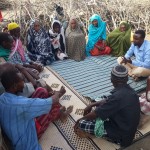
Muna*, a 31-year-old mother of eight, has seen her farm in Somalia grow, even as the country suffers from a severe drought and risk of famine. Muna also cares for her elderly mother and ill nephew, and is expecting this season’s harvest to be large enough to feed her family for up to six months with sorghum and beans left over to sell at market.
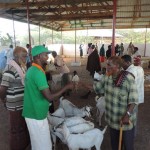
Somalia is one of the lowest performing countries in the world in terms of economic growth, gender equality and human development. The government is still rebuilding after its collapse 25 years ago and struggles to provide even basic health and education services. Only five years ago, parts of Somalia were devastated by a famine.
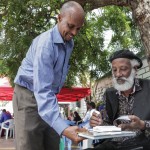
The Mogadishu Book Fair has exposed the other side of Somalia’s capital city. The fair, held Aug. 17-19, brought together authors, poets, academics, playwrights, motivational speakers and literary scholars from across the Somali region and around the world. It showcased more than 3,000 books covering all types of literature from comedy, drama and romance to satire, tragedy and nonfiction.








Comment
Make a general inquiry or suggest an improvement.